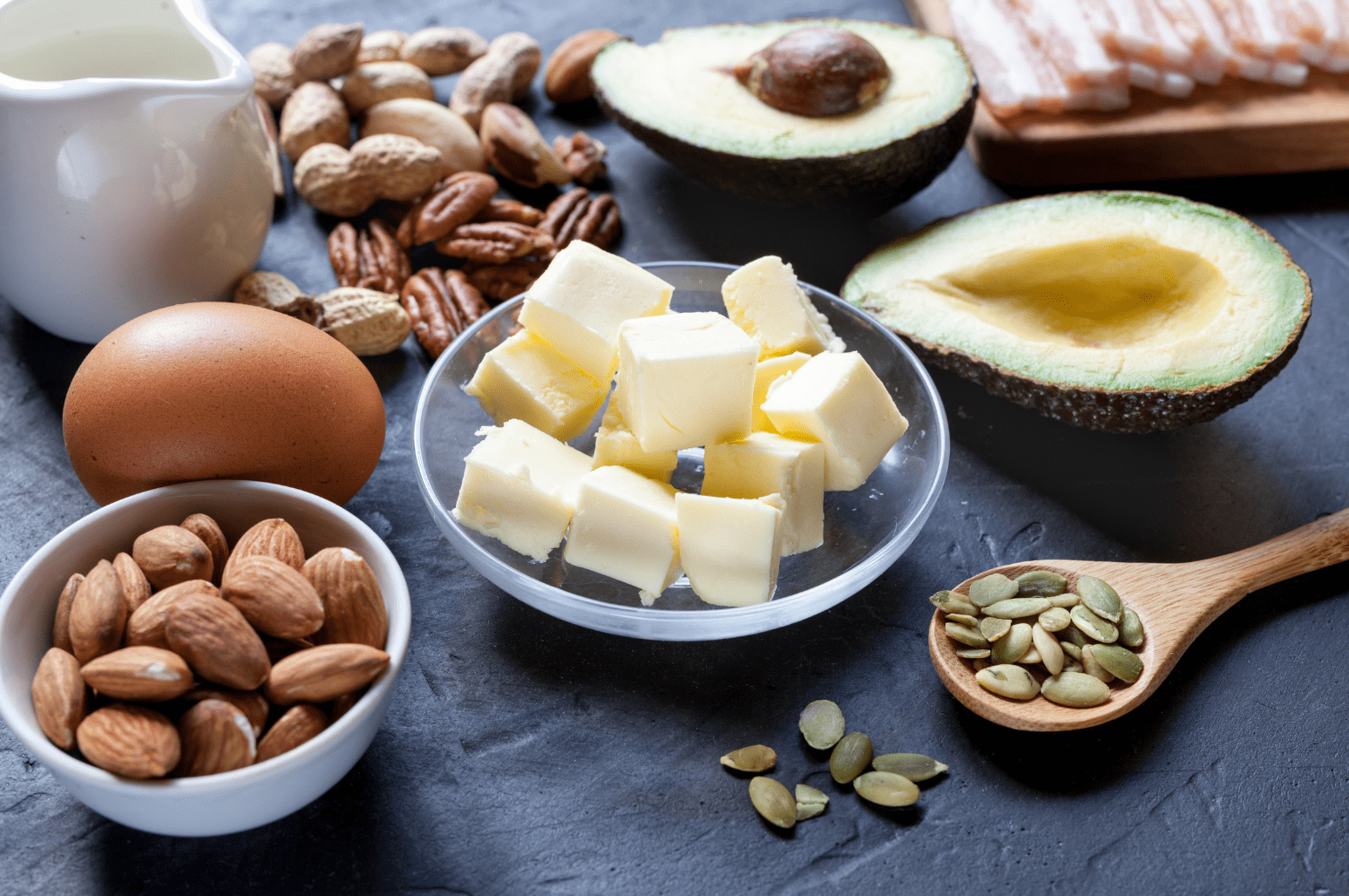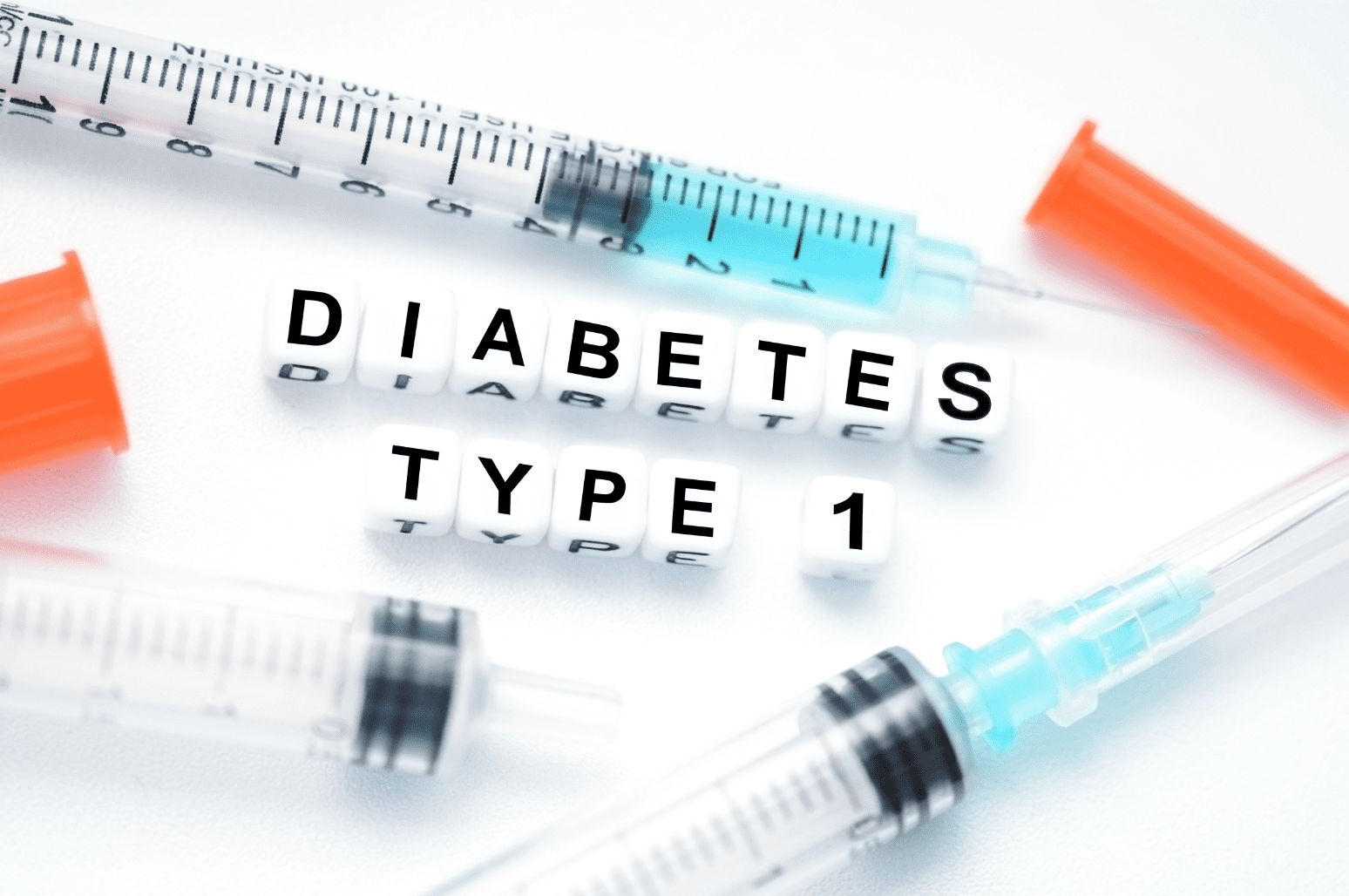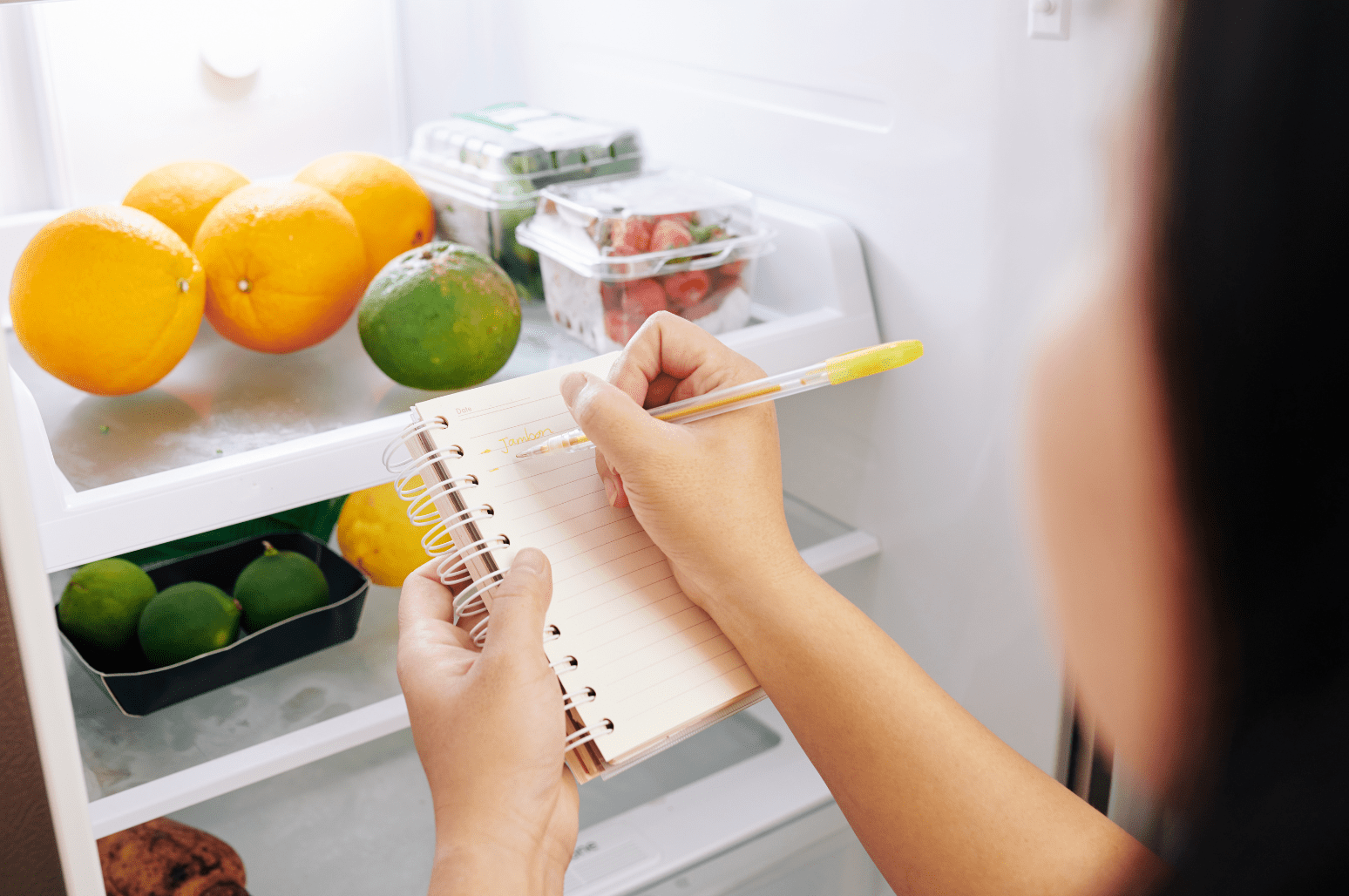
If you go to the doctor because of hyperglycemia (high blood sugar), you will likely be prescribed a glucose-lowering medication (like metformin). Unfortunately, many of these drugs have side effects that could be worse than the actual condition. Because of that, you might be wondering how to lower blood sugar levels naturally. Luckily, there are a few small changes you can make to your lifestyle to dramatically improve glucose levels.
What Is Blood Sugar?
The term blood sugar refers to free glucose within the blood. Hyperglycemia refers to high blood sugar levels and hypoglycemia refers to low blood sugar levels. Glucose within the blood can come from meals (carbohydrates are broken down into glucose), or be released from the body. Glucose can be created from glycogen (glycogenolysis), or even other molecules like fats or protein (gluconeogenesis).

How Is Blood Sugar Regulated?
Cells break down glucose to generate ATP (the energy currency system of the body). ATP is used as energy to fuel the processes of the cells. In order for cells to break down glucose, glucose must be able to first enter the cell. This may seem simple, but glucose is a relatively large molecule (in comparison to other cellular molecules). Skeletal muscle tissue and part of the heart require insulin to help transport glucose into the cell. Insulin acts as a key that unlocks the door on cells for glucose to enter. [1]
When foods rich in carbohydrates are consumed, insulin is released by the pancreas. Insulin binds to insulin receptors and sends a signal to allow glucose to pass through GLUT transporters and into the cell. If insulin release is defective (like in type 1 diabetes) or insulin receptors are resistant to binding (insulin resistance is a hallmark of type 2 diabetes) glucose metabolism is dysregulated.

How Can You Lower Blood Sugar Levels Naturally?
One simple way to lower blood sugar levels naturally is to reduce carbohydrate consumption in your diet. Since carbohydrates are broken down into glucose, less glucose in your blood means lower blood sugar levels.
The ketogenic diet has been shown to help improve glucose metabolism, reduce blood sugar levels, and improve insulin resistance.

By reducing your carbohydrate intake to around 20g or less, the body enters the metabolic state of ketosis. When in ketosis, the body produces ketones from fatty acids and uses these molecules as the primary source of fuel instead of glucose. This has been shown to provide the body with alternative energy while also lowering blood sugar levels. [2] [3] [4]
Simple Keto Foods That May Help To Lower Blood Sugar
The following ketogenic foods are low in carbohydrates so they can assist with controlling your blood sugar. The best part is most are relatively inexpensive and can be found in mainstream grocery stores. If you’re trying to lower your blood sugar, or simply start the ketogenic diet, be sure to incorporate these ketogenic staples for a well-rounded, nutrient-dense low-carbohydrate nutrition plan.
- eggs
- poultry
- beef
- fish/shellfish
- nuts/seeds
- nut/seed butters
- avocado
- olives
- bell peppers
- green veggies
- leafy greens
- berries
- cheese
- butter/ghee
- olive/coconut/avocado oils
Have You Used Keto To Lower Your Blood Sugar Levels?
Comment below and share your experience! Did you have dramatic results or just small changes? Has keto changed your life? We want to hear about it!
References
Triplitt CL. Examining the mechanisms of glucose regulation. Am J Manag Care. 2012 Jan;18(1 Suppl):S4-10. PMID: 22559855.
Alarim, R. A., Alasmre, F. A., Alotaibi, H. A., Alshehri, M. A., & Hussain, S. A. (2020). Effects of the Ketogenic Diet on Glycemic Control in Diabetic Patients: Meta-Analysis of Clinical Trials. Cureus, 12(10), e10796. https://doi.org/10.7759/cureus.10796
Yuan, X., Wang, J., Yang, S., Gao, M., Cao, L., Li, X., Hong, D., Tian, S., & Sun, C. (2020). Effect of the ketogenic diet on glycemic control, insulin resistance, and lipid metabolism in patients with T2DM: a systematic review and meta-analysis. Nutrition & diabetes, 10(1), 38. https://doi.org/10.1038/s41387-020-00142-z
O'Neill BJ. Effect of low-carbohydrate diets on cardiometabolic risk, insulin resistance, and metabolic syndrome. Curr Opin Endocrinol Diabetes Obes. 2020 Oct;27(5):301-307. doi: 10.1097/MED.0000000000000569. PMID: 32773574.









Would love your thoughts on how saturated fats can increase insulin resistance. I’ve been following a keto diet for a few yrs and noticing my blood glucose trending up. I’ve looked into various possibilities & sleep is definitely my Achilles heel, but I also do suspect that my saturated intake may play a part. Many thanks